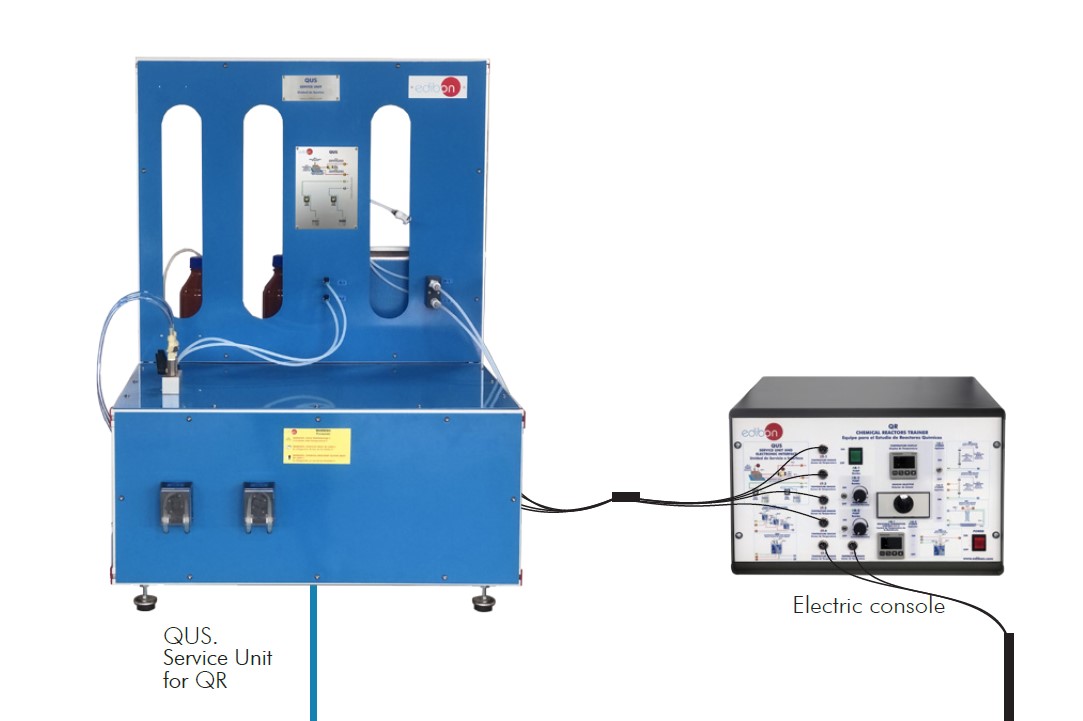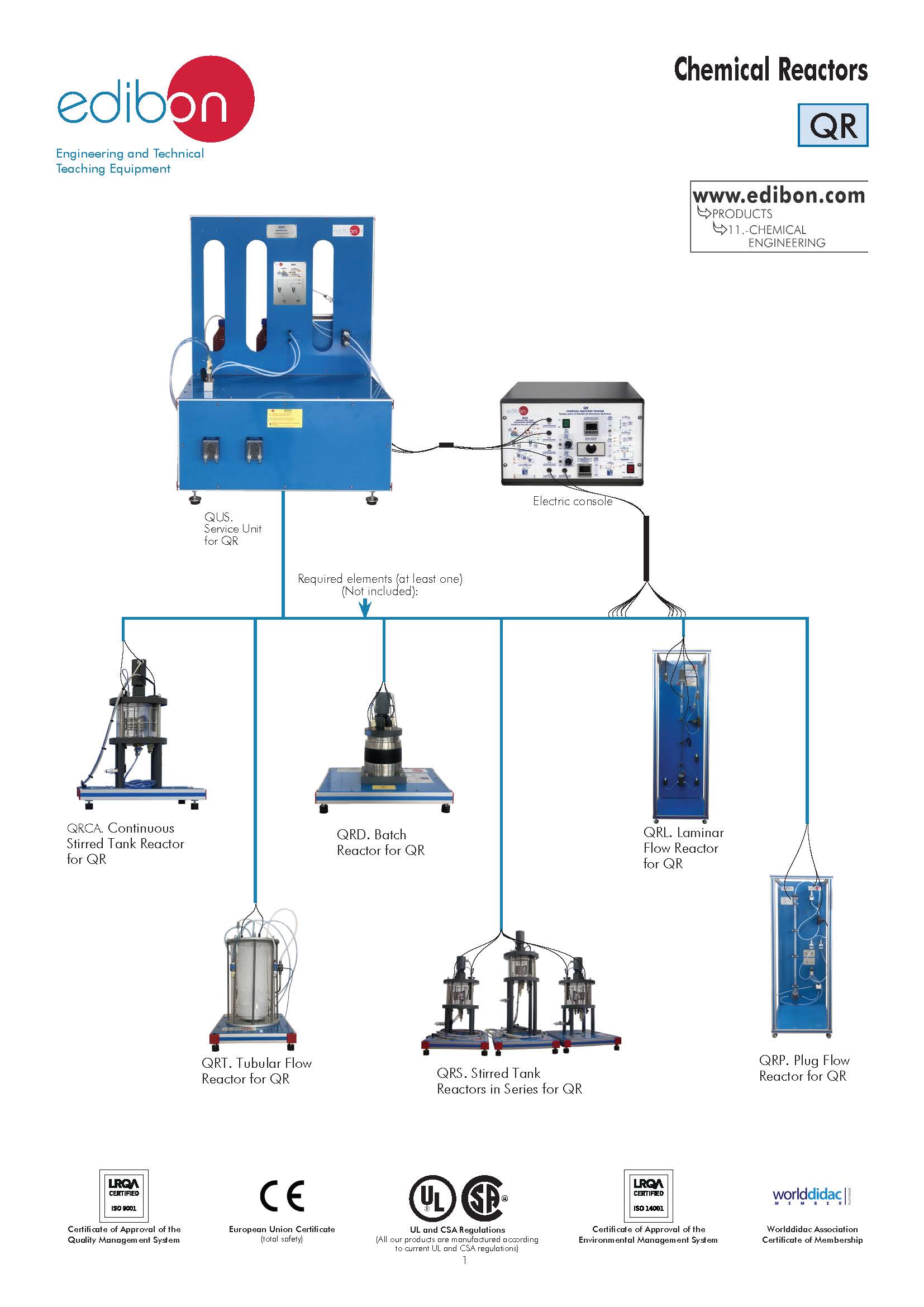
Chemical Reactors
เครื่องปฏิกรณ์เคมี
เครื่องปฏิกรณ์เคมี (Chemical apparatus) คืออุปกรณ์หรือเครื่องมือที่ใช้ในการดำเนินการทางเคมี ซึ่งช่วยให้นักวิจัยและวิศวกรเคมี สามารถทดลองและทำการวิเคราะห์ต่าง ๆ ในห้องปฏิบัติการเคมี เครื่องปฏิกรณ์เคมีเป็นส่วนสำคัญในงานวิจัยและพัฒนาในวิชาเคมีและวิศวกรรมเคมี เพื่อให้สามารถทดลองและศึกษาสมบัติของสารเคมี และวิเคราะห์ผลลัพธ์ของกระบวนการต่าง ๆ ได้อย่างมีประสิทธิภาพและปลอดภัย นี่คือบางตัวอย่างของเครื่องปฏิกรณ์เคมีที่ใช้บ่อย:
- กระบวนการกลั่น (Distillation Apparatus): ใช้ในกระบวนการกลั่นสกัดสารเคมี แยกสารต่าง ๆ จากกันตามอุณหภูมิระดับเรือนเดียวกัน.
- กระบวนการสกัด (Extraction Apparatus): ใช้ในกระบวนการสกัดสารเคมีจากสารอื่น ๆ โดยใช้สารสกัดเป็นตัวกลาง.
- กระบวนการสารละลาย (Solvent Evaporation Apparatus): ใช้ในกระบวนการระเหยน้ำทิ้งจากสารละลายหรือสารหลักในการเข้าร่วมตัวสกัด.
INTRODUCTION
A chemical reactor is a device where a change in composition occurs due to a chemical reaction. It is therefore any vessel where a chemical reaction occurs. In a chemical reaction, chemical bonds between atoms are broken and new bonds are formed. Two types of substances are involved in this process: those that we initially have and know as reactants and those that are obtained after the chemical reaction, called products.
Depending on the requirements, different types of reactors are used.
The problem of reactor engineering is to make the most appropriate design with a methodology independent of the size and reaction being carried out, and to design to maximise the conversion and selectivity of that reaction at the lowest possible cost.



